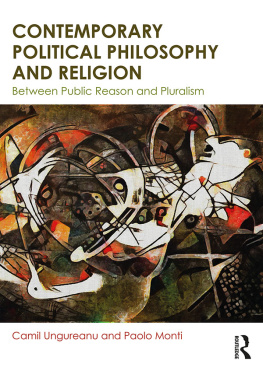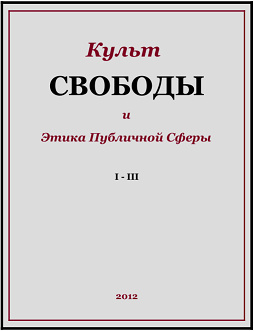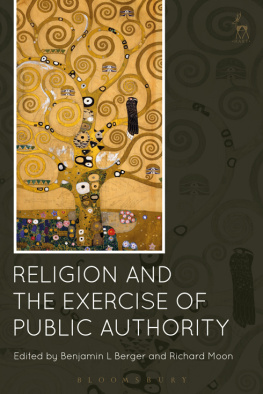
First published in German as Zwischen Naturalismus und Religion Suhrkamp Verlag Frankfurt am Main, 2005
This English edition Polity Press, 2008
Polity Press
65 Bridge Street
Cambridge CB2 1UR, UK
Polity Press
350 Main Street
Malden, MA 02148, USA
All rights reserved. Except for the quotation of short passages for the purpose of criticism and review, no part of this publication may be reproduced, stored in a retrieval system, or transmitted, in any form or by any means, electronic, mechanical, photocopying, recording or otherwise, without the prior permission of the publisher.
ISBN-13: 978-07456-3824-9
ISBN-13: 978-07456-3825-6 (pb)
ISBN-13: 978-07456-9460-3 (epub)
ISBN-13: 978-07456-9367-5 (mobi)
A catalogue record for this book is available from the British Library.
For further information on Polity, visit our website: www.polity.co.uk
The publication of this work was supported by a grant from the Gothe-Institut
Introduction
Two countervailing trends mark the intellectual tenor of the age the spread of naturalistic worldviews and the growing political influence of religious orthodoxies. On the one hand, advances in biogenetics, brain research, and robotics driven by therapeutic and eugenic motives are being successfully presented in a positive light. This program is designed to facilitate the spread of ways of understanding ourselves in terms of the objectifying categories of natural science into everyday contexts of communication and action. Habituation to forms of self-objectification that reduce all meaning and experience to what can be observed would also dispose individuals to corresponding forms of self-instrumentalization. For philosophy, this trend is associated with the challenge of scientistic naturalism. The fact that all operations of the human mind depend on underlying organic processes is not in dispute. Instead, the controversial issue is what form the naturalization of the mind should take. For an appropriate naturalistic conception of cultural evolution must do justice to both the intersubjective constitution of the mind and the normative character of its rule-guided operations.
On the other hand, the spread of naturalistic worldviews is encountering an unexpected revitalization of religious communities and traditions and their politicization across the world. For philosophy, the revival of religious energies, to which Europe alone seems to be immune, is associated with a fundamental critique of the postmetaphysical and nonreligious self-understanding of Western modernity. The fact that, for want of alternatives, the scope for political action is henceforth restricted to the universe of scientific-technical and economic infrastructures that developed in the West is not in dispute. The source of controversy is rather the correct interpretation of the secularizing impacts of a process of cultural and social rationalization increasingly denounced by the champions of religious orthodoxies as a historical development peculiar to the West.
These conflicting intellectual trends are rooted in opposed traditions. Hard forms of naturalism can be understood as an implication of the Enlightenment's uncritical faith in science, whereas the political reawakening of religious consciousness breaks with the liberal assumptions of the Enlightenment. However, these intellectual and spiritual outlooks do not merely clash at the level of academic controversies. They also develop into powerful political forces both within the civil society of the leading Western nation and at the international level in the encounter between the major world religions and the dominant global cultures.
From the perspective of a political theory concerned with the normative foundations and the functional preconditions of the democratic constitutional state, this clash also reveals a tacit complicity. The two countervailing trends conspire, as though in a division of labor, to jeopardize the cohesion of the polity through ideological polarization when neither side exhibits a willingness to engage in self-reflection. A political culture that polarizes itself irreconcilably along the fault-line of secular versus religious conflicts, whether over issues of human embryo research, abortion, or the treatment of comatose patients, challenges civic common sense even in the world's oldest democracy. The ethos of liberal citizenship demands that both sides should determine the limits of faith and knowledge in a reflexive manner.
As the example of the United States shows, the modern constitutional state was also invented with the aim of promoting peaceful religious pluralism. Only the ideologically neutral exercise of secular governmental authority within the framework of the constitutional state can ensure that different communities of belief can coexist on a basis of equal rights and mutual tolerance, while nevertheless remaining unreconciled at the level of their substantive worldviews or doctrines. The secularization of the political power of the state and the positive and negative freedom to exercise one's religion are two sides of the same coin. They protected religious communities not only against the destructive effects of violent interconfessional conflicts but also against the hostility toward religion of a secularized society. The constitutional state can defend its religious and nonreligious citizens from each other, however, only when their civic interactions are not based on a mere modus vivendi; their coexistence within a democratic system must also be founded on conviction. The democratic state is sustained by a legally unenforceable form of solidarity among citizens who respect each other as free and equal members of their political community.
This kind of civic solidarity paid for in small change must prove its worth also indeed especially across religious and ideological divides within the political public arena. Mutual recognition implies, among other things, that religious and secular citizens are willing to listen and to learn from each other in public debates. The political virtue of treating each other civilly is an expression of distinctive cognitive attitudes. The latter cannot be prescribed they can only be learned. This circumstance has an implication of particular interest in the present context. Insofar as the liberal state demands that its citizens cooperate with one another in spite of their ideological differences, it must presuppose that the cognitive attitudes that this requires from both the religious and the secular sides are the result of historical learning processes. These kinds of learning processes involve more than merely contingent changes in mentalities that occur independently of rationally reconstructible insights. But neither can they be produced and steered through the media of law and politics. The liberal state depends in the long run on mentalities that it cannot produce from its own resources.
This becomes obvious when one reflects on the expectations concerning tolerance that religious citizens must satisfy in the liberal state. Fundamentalist convictions cannot be reconciled with the mentality that a sufficient proportion of citizens must share if a democratic polity is not to disintegrate. From the perspective of the history of religion, the cognitive attitudes that religious citizens must adopt in their civic dealings with members of other confessions and nonbelievers can be understood as the result of a collective learning process. In the Christian West, theology evidently played the role of pacemaker in this hermeneutic self-reflection of transmitted doctrines. Whether the dogmatic response to the cognitive challenges of modern science, religious pluralism, constitutional law, and secular social morality has been successful whether one can even speak of learning processes in this connection can be judged, of course, only from the internal perspective of the traditions that in this way reconcile themselves with modern conditions of social life.
Next page
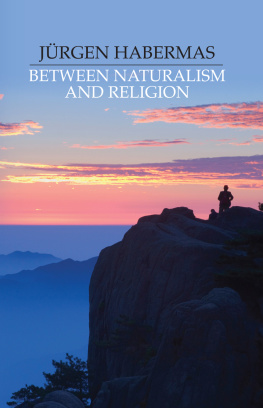
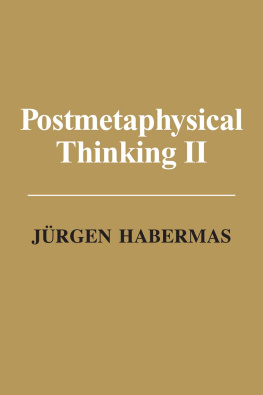
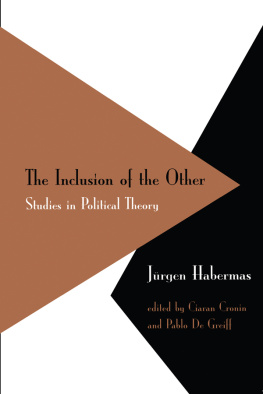
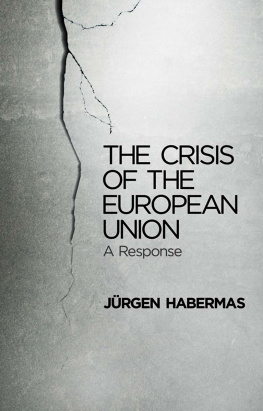
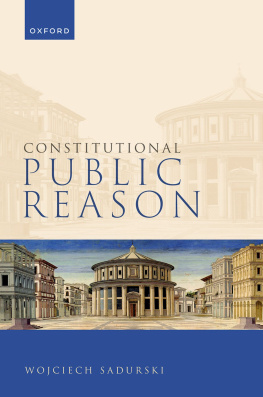

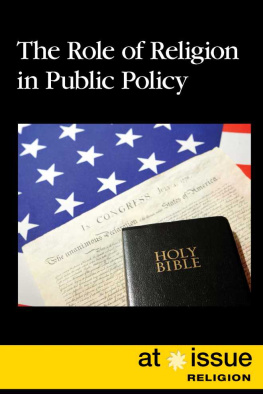
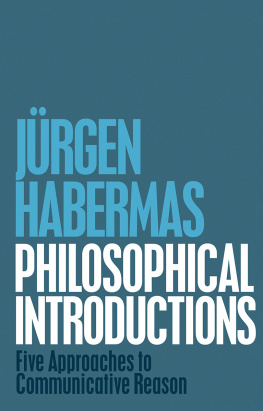
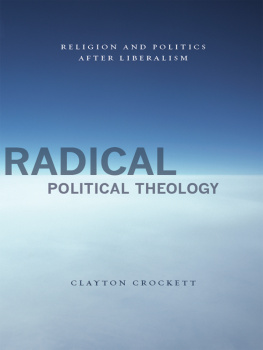
![Blackford - Freedom of religion [and] the secular state](/uploads/posts/book/167779/thumbs/blackford-freedom-of-religion-and-the-secular.jpg)
